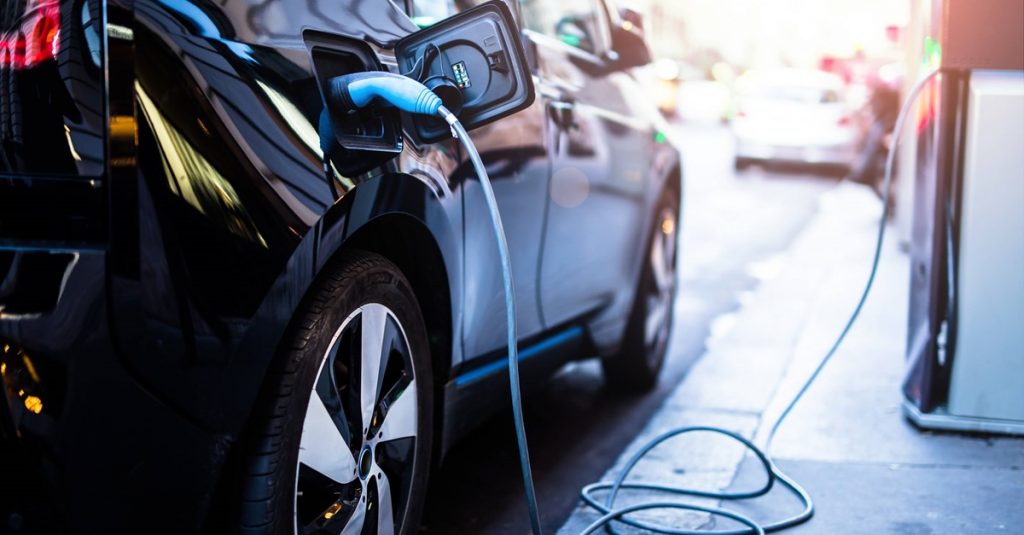Are you planning to dump your conventional car for an electric car? If you are, then you may also want to prepare for peculiarities that come with owning an electric car.
Like any other new technology, there is a mythical air surrounding electric vehicles. Are they all expensive or cheap? Are they ready for use by the public or are they still limited to a few people? What is the maintenance cost like? What is it like to charge an electric car once you buy one?
These questions are valid and need to be considered before you want to purchase an electric vehicle. Below are 7 things you need to know before buying an electric car.
Some Electric Cars are Cheap
While electric cars like Tesla are destined to break the banks, not all electric cars fall into the category of expensive cars. Some are actually affordable. Renault’s Zoe is one of such accessible electric cars. It goes for as low as £13,995 (N6,297,750 in Nigerian naira) compared to the estimated £80,000 (N36 million in Nigerian naira) that the Tesla would cost.
With electric vehicles as cheap as the Renault Zoe, it means ownership of electric vehicles has now been democratised. This means that if you can afford any new car, you might as well settle for an electric car.
The Battery is the Most Expensive Car Part
The most important and most expensive part of an electric vehicle is the battery. Majority of the electric cars currently in use make use of one form of lithium battery technology, which is similar to what our smartphones, laptops and tablets use. However, the batteries in electric cars are a lot more complex and larger because of the function they perform in such cars. This is why the battery is quite expensive, especially when compared to other cars.
You have to consider the battery and its longevity as well as its potential replacement cost. While it costs less to maintain electric vehicles compared to traditional cars, one thing that requires attention is the battery.
Most electric vehicle manufacturers claim that their batteries can take up to 100,000 miles, so replacement shouldn’t arise if you don’t exceed the mileage. But just like smartphones, batteries lose their capacity over time.
Charging Options for Electric Cars
As stated earlier, the battery of an electric vehicle is the most important consideration while buying an electric vehicle. You have to consider your ability to recharge the vehicle and this may involve advance planning, electrical upgrades and even construction at your residence or workplace.
Fortunately, the majority of the electrical vehicles on sale offer the option charging using normal household sockets. But you have to learn to be patient as it takes between 8-12 hours to recharge using this option.
But if you want it to be faster, you may want to consider installing a more powerful charging system, though at a cost. High current chargers often require a dedicated power supply and will require expert installation.
Your Electricity Bill
Switching from traditional cars to electric cars does not mean that you will keep the money usually spent on filling your petrol tank. The switch, instead, takes away a customer from the petrol station and adds another to the electricity providing company.
However, the difference is that, unless you do an extremely high number of miles per day, you are not likely to see a great increase in the cost of your electricity bill.
Cold Weather and Electric Cars
If there is any real fear that you should entertain, it is the anxiety involving electrical car range in cold weather. First, the lithium batteries in most pure electric vehicles are not compatible with cold weathers. It reduces their efficiency and exhausts the charge in the battery more rapidly. Likewise, and more worrisome, is the use of cabin heater in cold weather, which can interfere with your available range.
However, storing the electric vehicle in a warm garage can prevent the loss of range.
Environmentally Friendly
Electrical vehicles have a little more positive impact on the environment than their traditional counterparts. While conventional cars are roughly three times more expensive to fuel, they also emit more CO2 than electric cars.
Using solar power and other renewable sources to charge your electric car further improves its positive impact on the environment. The zero local emission of electric cars is a plus for air quality in towns and cities.
The Resale Value
Although electric vehicles have been around for a good number of years, it is still not clear what the resale value for a newer model should be, unlike the traditional cars where you can easily hazard a guess and arrive at something agreeable.
It is important you consider the resale value, especially in light of a likely depreciation of the vehicle after it has gathered a number of miles under its belt.
Buyers may also be considering the cost of battery replacement since this is certainly going to be one of the chief talking points in selling the car.
